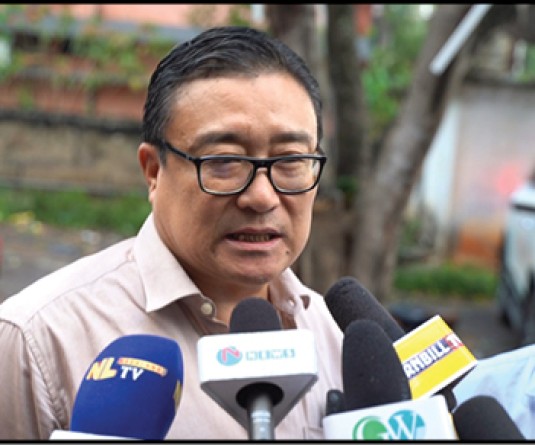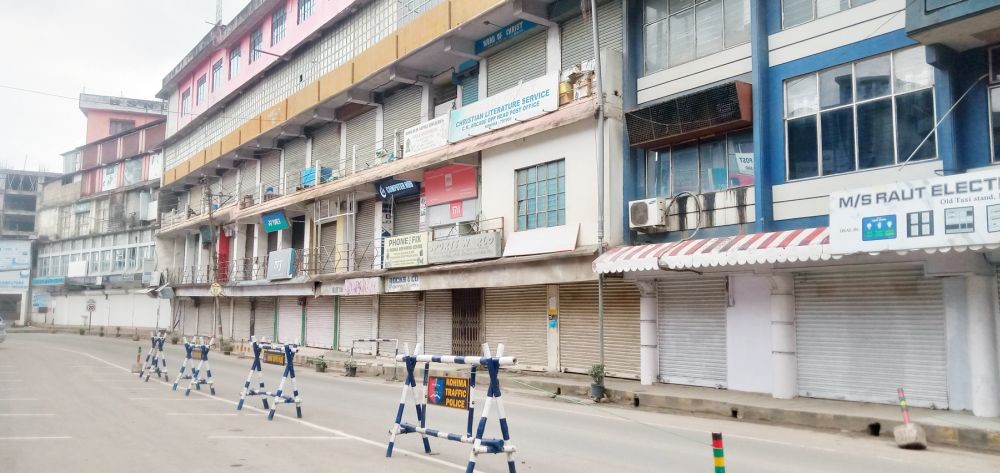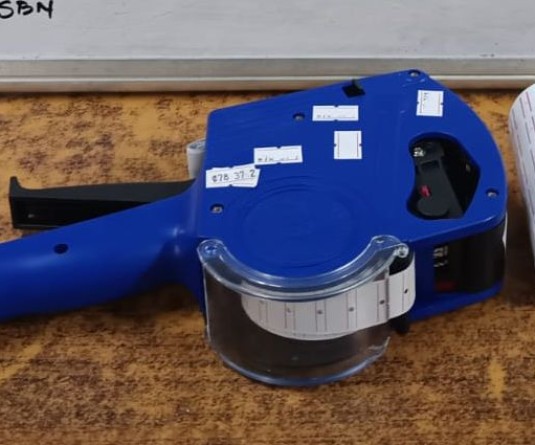
NPSEE evaluates quality of education in Nagaland
Morung Express News
Kohima | October 20
A two day State level orientation and workshop on Shaala Siddhi, the National Program on School Standards and Evaluation (NPSSE) for State Core group, district and EBRC officials is being held at Capital Convention Centre Kohima from October 20 to 21. The program is being organised by the Sarva Shiksha Abhiyan (SSA), Rashtriya Madhyamik Shiksha Abhiyan (RMSA) in collaboration with National University of Educational Planning and Administration (NUEPA), New Delhi.
The NPSSE is being held for the first time in Nagaland, informed Gregory Thejawelie, State Mission Director, SSA in his welcome address. Despite putting efforts and resources, as far as quality education is concerned, the State is yet to attain the required standard, maintained Thejawelie. He however affirmed that through the NPSSE, the State will incorporate the needs of all the sections of people, and all the state’s requirement into the system. Evaluation of not only the schools but teachers and students as well will also come into process which will further indicate the current scenario of the education system and its standard in Nagaland.
“We keep on doing but we don’t know where we are heading and where we are progressing well. We lose focus of the actual requirement that we all are responsible,” stated Thejawelie. He expressed hope that the program will produce better results with the joint efforts of SSA and RMSA.
The State has already organised a 15 member Core group comprising of the Department of SCERT, Department of School Education and DEOs from the 11 districts. “This will ultimately lead to the improvement in the school system, overall performance of the schools. We will know where we are functioning well and where we are not doing well. We will be able to address the issues that we are confronted with and come up with remedies so that we bring about better quality education and better functioning of schools to produce better results,” he said. Professor Pranati Panda, Professor & Head USSE, NUEPA, New Delhi who delivered the keynote address gave a brief introduction of NPSSE, which is mainly focused on the school standard and school evaluation.
“We have been putting a lot of initiative for the last many years for the quality of school education but when we look at the change of transformation in the school we are not very happy about it. Why are the schools not improving the way we are aspiring? Over the years the government school in general, schools in particular are losing trust from the public. Many children are going for private coaching, public losing trust in government schools,” said Prof Pranati. She informed that various researches and studies on the education system in other countries were conducted to bring about the NPSEE.
“We learned that if we want to improve the teachers’ performance, and learning outcomes, we have to focus on school,” she said, adding that the first concept of the program is to evaluate the performance of schools taking into consideration the diversity of schools in the country. The other concept is to explore the many recommendations such as change in curriculum, pedagogic practices, inclusive education, health and well being of students etc.
Prof Pranati however admitted that “very few concepts are entering into the schooling practices and some of the concepts are at the state level sitting, not going beyond or it is outside the boundary of school wall.”
“Without any guideline we cannot change, we need to understand that. Other schools in other countries are very clear about what they want to achieve. We need to be very honest; we need to accept to some of the things which are not happening. This whole concept (NPSSE) looks at school in a holistic approach,” she stated. The vision of NPSSE is to take positive step to enable all schools to continuously engage themselves in self-improvement and its objective is to develop technically sound conceptual framework, methodology, instrument and process of school evaluation, create institutional mechanism, develop capacity of schools and system level functionaries, facilitate the system to be responsive to school specific needs, analyze school evaluation reports across and initiate appropriate policy interventions.




